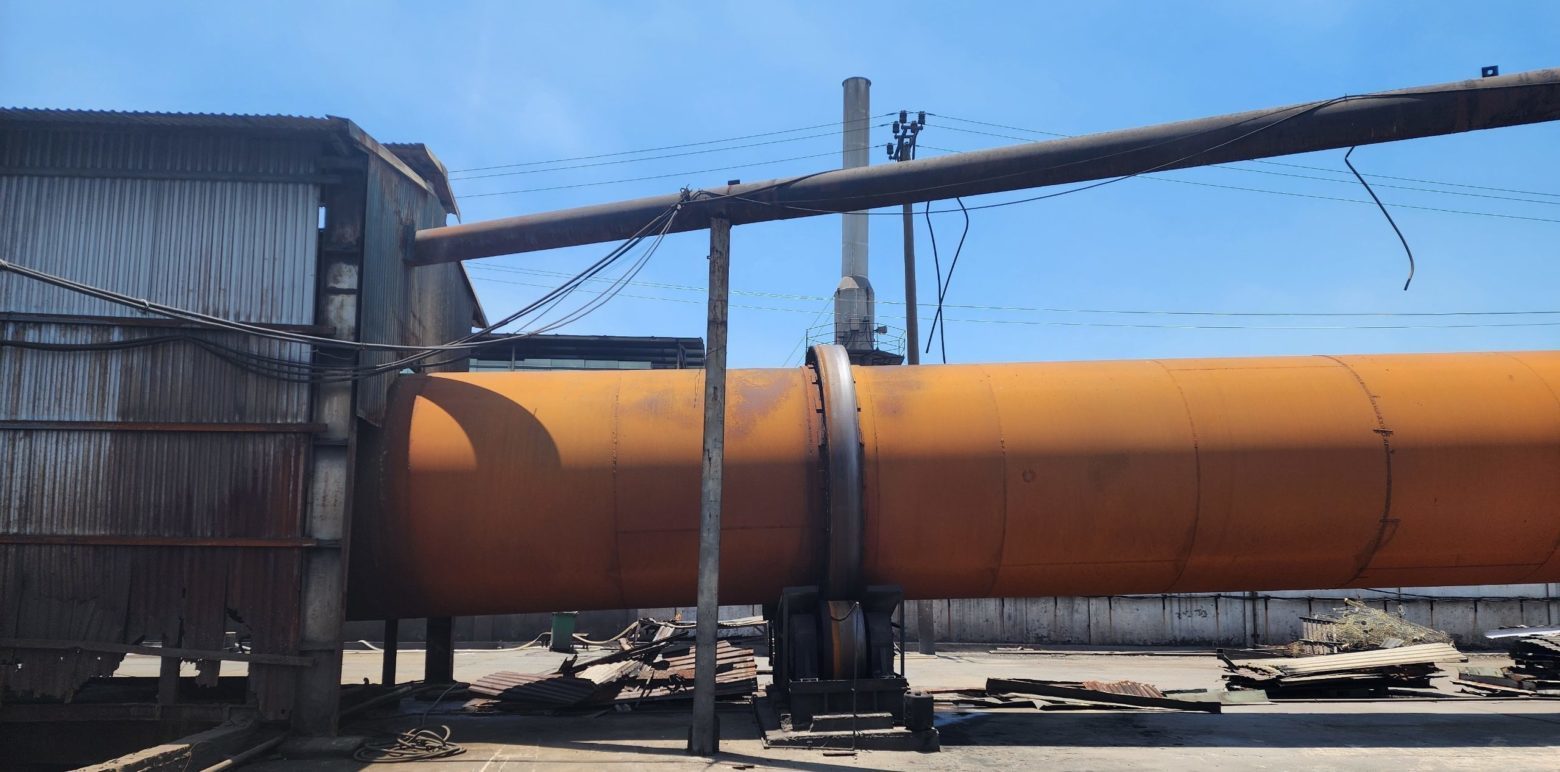
Zinc Ash Recycling Reduces Environmental Pollution, Enhances Efficiency
In the modern industrial world, sustainability has become a critical factor. One way industries are taking steps toward a greener future is through zinc ash recycling, an innovative process that not only reduces environmental pollution but also enhances the efficiency of zinc production. This article explores the benefits of zinc ash recycling and how it contributes to a cleaner, more sustainable planet.
What is Zinc Ash?
Zinc ash, also known as APC dust or IF dust, is a byproduct generated by the steelmaking industry, specifically in induction furnaces used to melt steel scrap. During the melting process, zinc present in the scrap reacts with air, forming a fine, powdery substance primarily composed of zinc oxide and other compounds.
Zinc ash typically contains the following elements and compounds:
- Zinc (Zn): Constitutes a major portion of zinc ash, usually ranging from 35% to 55% depend on scraft type.
- Lead (Pb): Small amounts of lead may be present in zinc ash, depending on the steel scrap source, typically under 1%.
- Cadmium (Cd): Trace amounts of cadmium may be present, usually below 0.5%.
- Other Impurities: May include elements such as iron (Fe), manganese (Mn), and aluminum (Al), depending on the input material and steelmaking process.
Traditionally, this byproduct was considered waste and often disposed of, leading to environmental concerns. However, recent advancements in recycling technology now allow for the recovery of valuable zinc content from this ash, transforming it into a reusable resource.
Environmental Benefits of Zinc Ash Recycling
1. Reduction of Landfill Waste: By recycling zinc ash, industries can significantly reduce the amount of hazardous waste sent to landfills. This helps prevent soil contamination and minimizes the long-term environmental impact of zinc production.
2. Lower Carbon Emissions: Recycling zinc ash uses less energy than extracting virgin zinc from ores. This reduced energy consumption results in lower carbon emissions, contributing to a smaller overall carbon footprint for industries.
3. Conservation of Natural Resources: By recovering zinc from ash, we can reduce the need for mining and processing of raw zinc ores. This not only conserves natural resources but also decreases the negative environmental impacts associated with mining operations.
Enhanced Efficiency in Zinc Production
Recycling zinc ash improves the overall efficiency of zinc production by maximizing the use of existing resources. Here’s how:
1. Cost-Effective Production: The process of recycling zinc is far more cost-effective compared to producing new zinc from raw materials. This helps industries save on production costs while maintaining a steady supply of high-quality zinc.
2. Higher Yield from Zinc Waste: By recovering zinc from ash, industries can extract a significant amount of usable material that would otherwise go to waste. This maximization of material usage boosts the overall efficiency of production cycles.
3. Energy Savings: Recycling zinc requires significantly less energy than traditional smelting processes. This not only helps lower operational costs but also reduces the strain on energy resources, making the process more sustainable.
Conclusion
Zinc ash recycling is a powerful solution for industries seeking to reduce their environmental impact while enhancing production efficiency. By embracing sustainable practices like zinc ash recovery, we can conserve natural resources, cut down on waste, and lower carbon emissions.
At MP Group, we are committed to providing state-of-the-art zinc recycling solutions using Waelz kiln technology, ensuring the highest recovery rates and the lowest environmental impact. Contact us today to learn more about how our recycling processes can benefit your business while protecting the planet.


